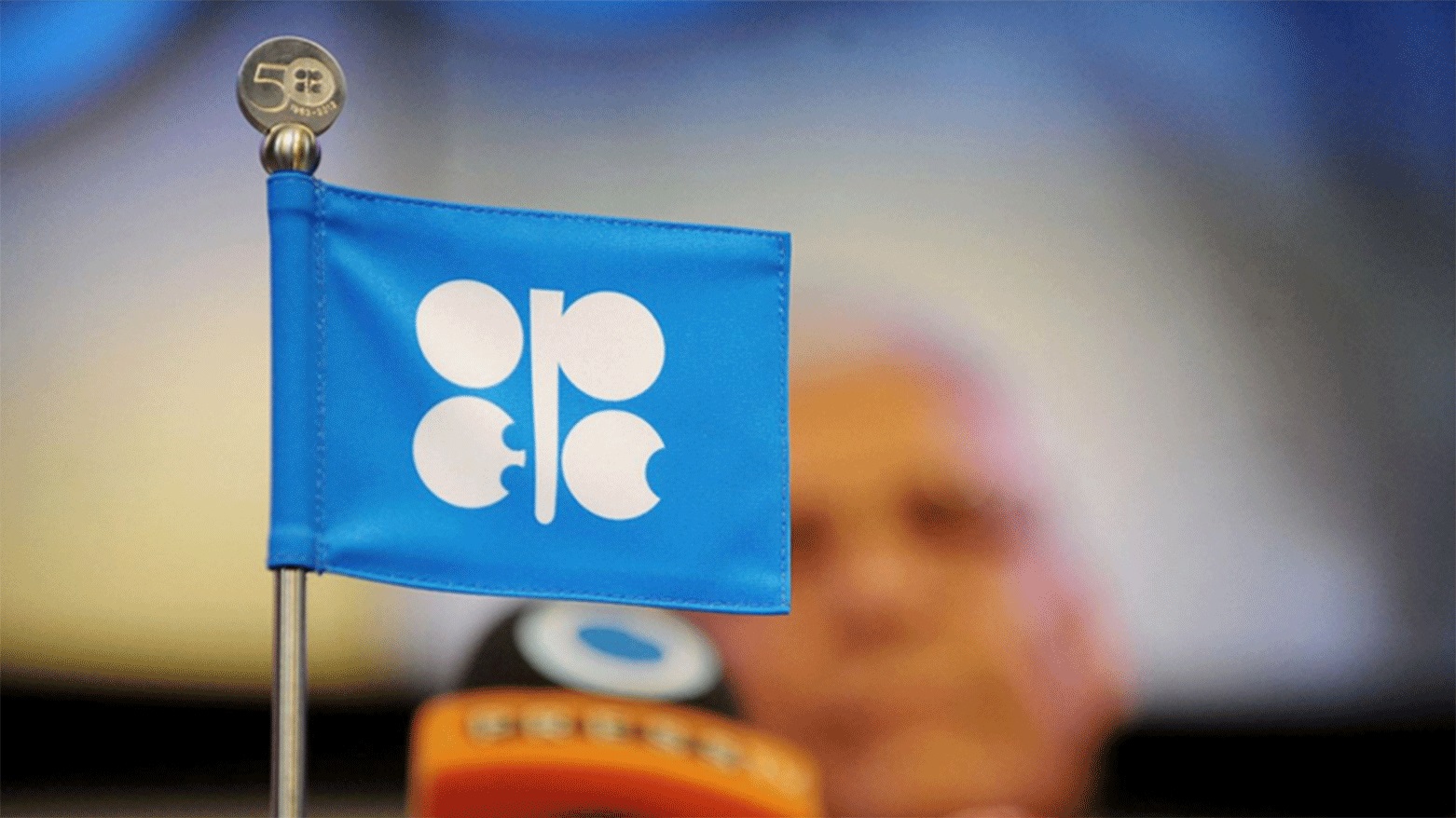Iraq Cuts Oil Output to Support OPEC+ Stability Amid Regional Tensions
According to the latest monthly report from OPEC’s Vienna-based secretariat, Iraq reduced its oil production by 49,000 barrels per day, bringing its average daily output down to 3.93 million barrels.

ERBIL (Kurdistan24) — Iraq has reaffirmed its commitment to the OPEC+ oil production agreement by cutting its crude output in May, aligning with efforts by key member states to stabilize global oil markets amid geopolitical tensions and earlier overproduction.
According to the latest monthly report from OPEC’s Vienna-based secretariat, Iraq reduced its oil production by 49,000 barrels per day, bringing its average daily output down to 3.93 million barrels. This step comes as part of Baghdad’s pledge to compensate for earlier months of excess production and support collective action within the oil-producing alliance.
The report noted that while eight participating OPEC+ nations had agreed to raise output by 411,000 barrels per day, the actual increase last month totaled only 154,000 barrels. Iraq, alongside Russia and the United Arab Emirates, was among the countries actively implementing corrective measures.
Saudi Arabia, the group’s de facto leader, has been encouraging fellow members to maintain discipline in their production levels, emphasizing the importance of fair market share and price stability. The Kingdom raised its output by 177,000 barrels per day in May, reaching 9.183 million barrels per day.
Despite the initial pressure on oil prices due to increased output, global markets have since experienced volatility following recent Israeli airstrikes on Iranian energy infrastructure. US crude prices surged dramatically on Friday, hitting their largest single-day increase in three years, and are now trading at around $73 per barrel.
However, OPEC Secretary General Haitham al-Ghais reassured markets that no immediate intervention is needed, as Iran’s crude exports remain largely unaffected by the escalation.